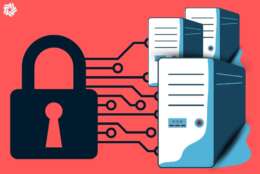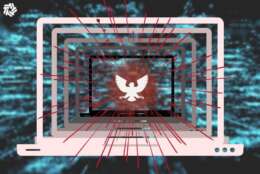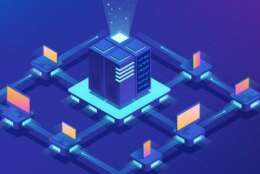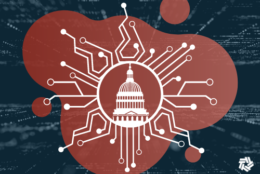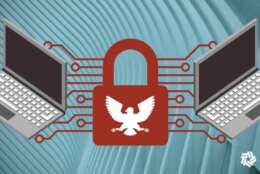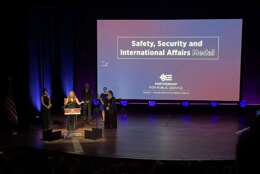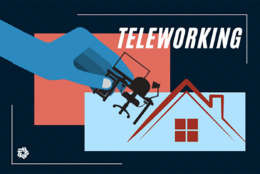Commentary
-
In a cybersecurity context, “island-hopping” describes an advanced – and increasingly common – form of cyberattack.
October 10, 2022 -
The growing cybersecurity workforce gap is cause for serious concern, particularly when it comes to protecting government assets.
October 07, 2022 -
Joint All-Domain Command and Control (JADC2), the Defense Department’s initiative to synchronize the joint force across domains, is not a new idea.
October 05, 2022 -
Cryptocurrencies and other blockchain-based digital assets play an increasingly central role in financial markets. They’re also becoming a more frequent source of regulatory concern, as well as criminal activity.
September 30, 2022 -
There’s currently a significant debate about the appropriateness of using AI in combat. Over thirty nations are working through the U.N. to introduce a ban on autonomous AI weapons. There are similar discussions among some U.S. AI companies about whether their technology should be used in military applications, the highest profile of which was Google’s decision to not renew a contract with the Defense Department to perform image recognition.
September 29, 2022 -
The Technology Modernization Fund intends to spend its remaining $500 million — of the $1 billion allocated in the American Rescue Plan — by the end of the year.
September 28, 2022 -
Most people have heard of supercomputing. Most people have heard of quantum computing. While it might sound natural to assume that quantum computing is simply an evolution of supercomputing, they’re fundamentally different in key ways.
September 27, 2022 -
Mike Causey was not only a great journalist, he was also a great colleague.
September 27, 2022 -
Now more than a year past President Joe Biden’s Executive Order on Improving the Nation’s Cybersecurity, federal agencies are ramping up efforts to achieve its mandates, including building a zero trust architecture.
September 26, 2022 -
From industry to government agencies, the impacts of the Apache Log4j vulnerability have been felt globally. The U.S. public sector has become especially vulnerable due to the magnitude of applications within agencies’ networks, its lack of resources and funding, and its involvement in escalating foreign conflicts.
September 23, 2022 -
The federal government is all in on a zero trust approach. Continued migration to the cloud; the move to mobile and bring-your-own-device; the convergence of IT, operational technology and Internet of Things; and the sharp increase in remote working due to the pandemic have changed how the government must approach cybersecurity.
September 22, 2022 -
Earlier this week, the key House Ways and Means Committee voted to clear the bill for a full House vote. The fact that repeal of GPO and Offset has gotten this far, finally, has given many the hopes they will someday collect the full benefits they think they deserve.
September 21, 2022 -
Awardees show how a few people can affect thousands, even millions, in a positive way.
September 21, 2022 -
If you are planning on retiring soon (this year or next) have you thought of the lifetime impact of long-term inflation on your diet-COLA annuity?
September 20, 2022 -
Last week we asked a select group of feds from all over the nation how things were going? We got some terrific, fascinating answers and reports.
September 19, 2022

